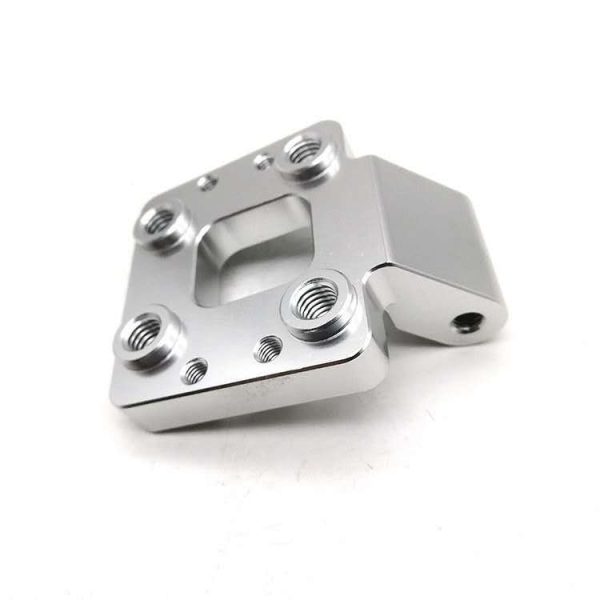
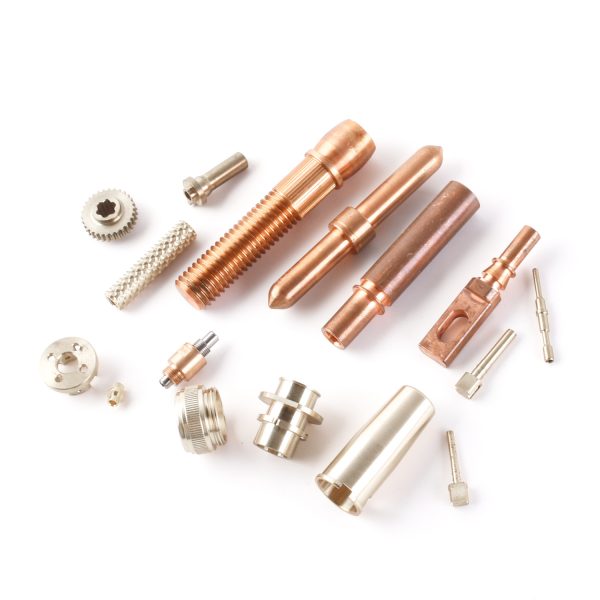
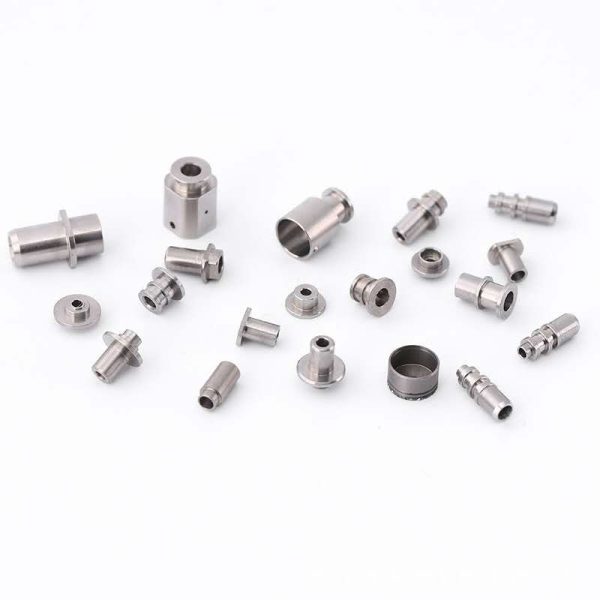
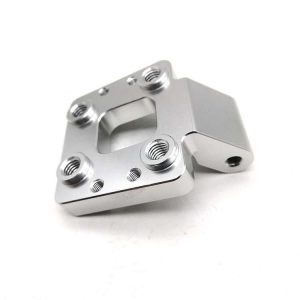

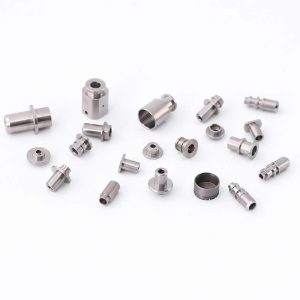
Rapid Prototype Small CNC Milling Parts With Metal Laser Cutting Bending Welding for Scooter
0 out of 5
Rapid Prototype Small CNC Milling Parts With Metal Laser Cutting Bending Welding for Scooter
Kategorie: Small CNC Machining
Schlagwörter: cnc rapid prototype, customized small cnc machining parts, rapid prototype, rapid prototype cnc, rapid prototype machining, rapid prototype metal, rapid prototype parts, small cnc machining, small cnc machining part, small cnc machining parts, small cnc milling, small cnc milling parts
- Beschreibung
- Bewertungen (0)
Beschreibung
What is Small CNC Milling?
Small CNC milling is a subtractive manufacturing process that uses computer-controlled rotary cutting tools to remove material from a workpiece, creating highly precise and complex parts with tight tolerances. Unlike larger CNC machines, small CNC mills are designed for compact workpieces, making them ideal for prototyping, small-batch production, and intricate components where space and precision are critical.
These machines are highly versatile, capable of working with metals, plastics, and composites while maintaining excellent surface finishes and dimensional accuracy. Small CNC milling is widely used in industries requiring fine details, such as electronics, medical devices, and aerospace engineering.
Materials for Small CNC Milling
A variety of materials can be machined using small CNC mills, including:
Metals: Aluminum (6061, 7075), Stainless Steel (304, 316), Brass, Copper, Titanium (Grade 2, Grade 5)
Plastics: ABS, Polycarbonate (PC), Nylon (PA66), POM (Delrin), PTFE (Teflon), PEEK
Composites: Carbon Fiber, Fiberglass, G10 (Garolite)
Wood & Modeling Foam: Used for prototyping and non-functional models
The choice of material depends on the application’s mechanical, thermal, and electrical requirements.
Surface Finishes for CNC Milled Parts
To enhance functionality and aesthetics, small CNC-milled parts can undergo various surface treatments:
As-Machined: Standard finish with visible tool marks, suitable for functional prototypes.
Bead Blasting: Creates a smooth, matte surface for improved grip and appearance.
Anodizing (for Aluminum): Increases corrosion resistance and allows for colored finishes.
Powder Coating: Provides a durable, scratch-resistant layer in various colors.
Polishing & Electroplating: Used for decorative or high-reflective surfaces.
Laser Engraving: Adds permanent markings, logos, or serial numbers.
Specifications of Small CNC Milling
Tolerances: Typically within ±0.005 in (±0.127 mm), with high-precision machines achieving ±0.001 in (±0.025 mm).
Workpiece Size: Usually up to 12″ x 12″ x 6″ (300 x 300 x 150 mm), depending on the machine.
Spindle Speed: Ranges from 5,000 to 30,000 RPM for fine detailing.
Tooling: Micro-end mills (as small as 0.1 mm diameter) enable intricate designs.
Lead Time: Prototypes can be produced in 1-3 days, depending on complexity.
Applications of Small CNC Milling
Small CNC milling is used across multiple industries for precision components, including:
Electronics: Circuit board housings, heat sinks, and connector parts.
Medical: Surgical tools, dental implants, and microfluidic devices.
Aerospace: Lightweight brackets, sensor mounts, and drone components.
Automotive: Fuel injection parts, custom gears, and interior trim pieces.
Consumer Goods: Watch components, eyewear frames, and custom jewelry.
Excellent Case: High-Precision Microfluidic Chip for Medical Diagnostics
Challenge
A biotech company needed a microfluidic chip prototype to test a new lab-on-a-chip diagnostic device. The chip required ultra-precise microchannels (less than 0.2 mm wide) to control fluid flow for blood analysis. Traditional 3D printing lacked the required precision and surface smoothness.
Solution
Using a high-speed small CNC mill with a 0.1 mm diameter end mill, the team machined the microfluidic channels from medical-grade polycarbonate. The process ensured smooth internal surfaces to prevent fluid turbulence and contamination.
Results
The CNC-milled prototype achieved a tolerance of ±0.01 mm, far exceeding 3D-printed alternatives.
The smooth internal channels improved fluid flow accuracy, reducing testing errors.
The prototype was validated in clinical trials, leading to faster FDA approval.
This case highlights how small CNC milling enables high-precision, functional prototypes that are critical in medical innovation.
Conclusion
Small CNC milling is an essential manufacturing method for industries requiring high precision, fast turnaround, and superior material properties. Whether for prototyping or low-volume production, it offers unmatched accuracy and versatility, making it a preferred choice for engineers and designers worldwide.


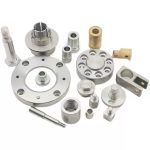
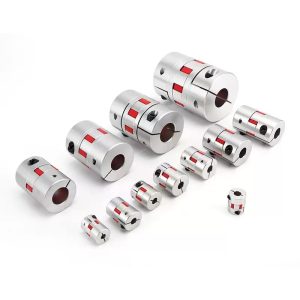
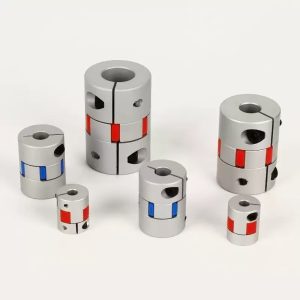


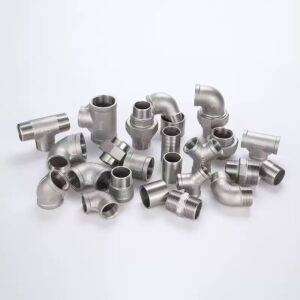
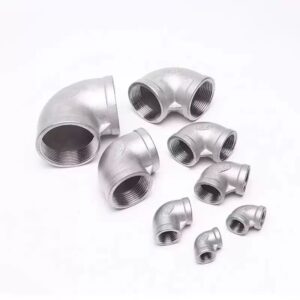

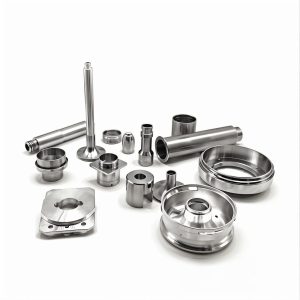


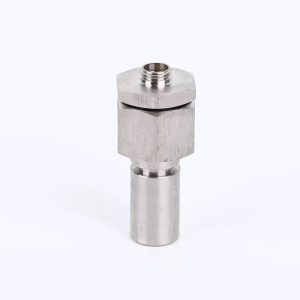
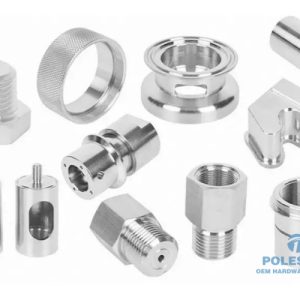
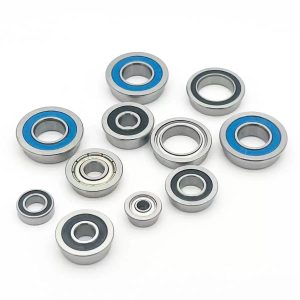
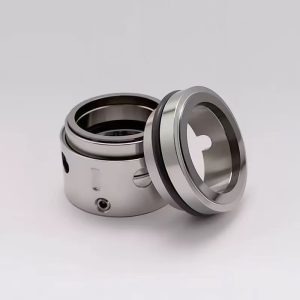
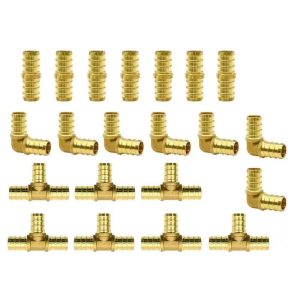
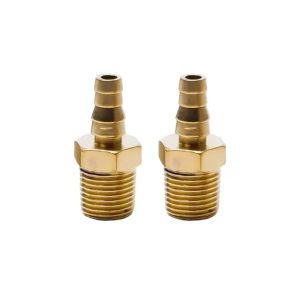
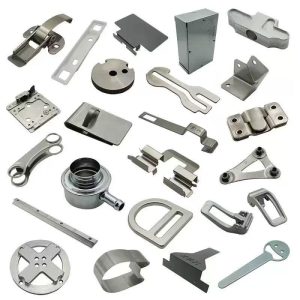
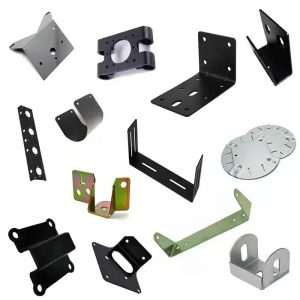

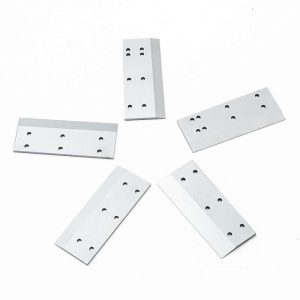
Bewertungen
Es gibt noch keine Bewertungen.